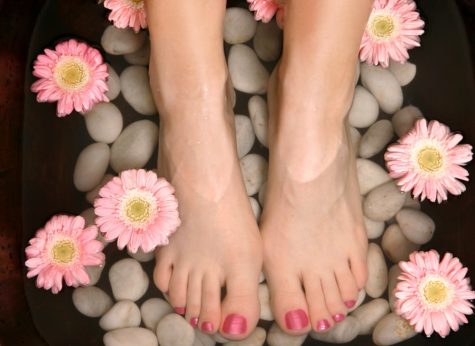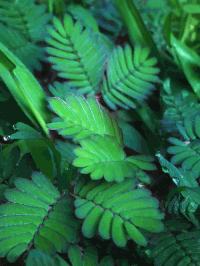Preparing An Herbal Bath or Soak
Bathing or soaking part of the body in an herbal tea is a great way to get the herbs in contact with the affected part. These are good for infected skin or wounds, burns, rashes, and all manner of topical troubles.
Administration and Dosage Guidelines
You might make a whole-body bath with herbs, or you may just soak a particular part (as with a foot bath or sitz bath). Keeping the water as hot as tolerable is best, as this facilitates absorption of the herbal medicines.
For most issues, it’s effective to soak for 15 to 20 minutes, 1 to 3 times per day.
Shelf Life and Storage Guidelines
Baths and soaks are made on as-needed basis. They are not stored. Dry herbs blended for a herbal bath or soak formula can keep for years if they’re stored in airtight containers.
Necessary Tools, Equipment, or Ingredients
- Herbs
- Water
- Salt (optional)
- Vinegar (optional)
- Bathtub, dish basin, or other soaking vessel
Preparing Remedies – Step by Step
Prepare an appropriate herbal tea. This can be either an infusion, a decoction, or a combination of both.
Pour the tea into a dish basin or similar container. For a whole-body bath, fill the bathtub with hot water, and pour in the herbal tea (at least one full quart).
If using vinegar, salt, or additional water, add it now. Stir to incorporate and dissolve. Test the heat with your hand, and submerge the affected body part.
Soak for a maximum of 15 to 20 minutes.
Pros
The benefit of an herbal bath or soak is that it delivers the medicine where it’s needed.
Baths and soaks are great for skin conditions and wounds. They work quickly for topical issues where internal use would be very slow or ineffective.
Cons
- Not everything fits. Some body parts don’t fit well into a soaking vessel, or are hard to soak separately (shoulders, for example). Use a compress in those cases.
- Takes time. Between preparation and execution, it can take at least 30 minutes to conduct an effective soak.
- Not portable. Baths require space and privacy, so they’re usually done at home.
Additional Considerations
If your town or city chlorinates its tap water it is best to use a chlorine filter on the water you bathe or soak in. Inexpensive filters can be found online. Filters that use vitamin C cartridges or tables are recommended because this takes care of chloramines as well.
Warm, moistened skin is more absorptive after a good soak, follow up with salve or other topical applications. They will work even better than usual.
Source: Herbal Medicine for Beginners
Rennie Luttrull: queen-annes-lace-seeds
Rosanna: Spignel aka Bald Money
Annamarie Squatrito: Fumitory
EILEEN Klinghagen: Pumpkin
Mahmudul Hasan: Celery



Leave a Reply